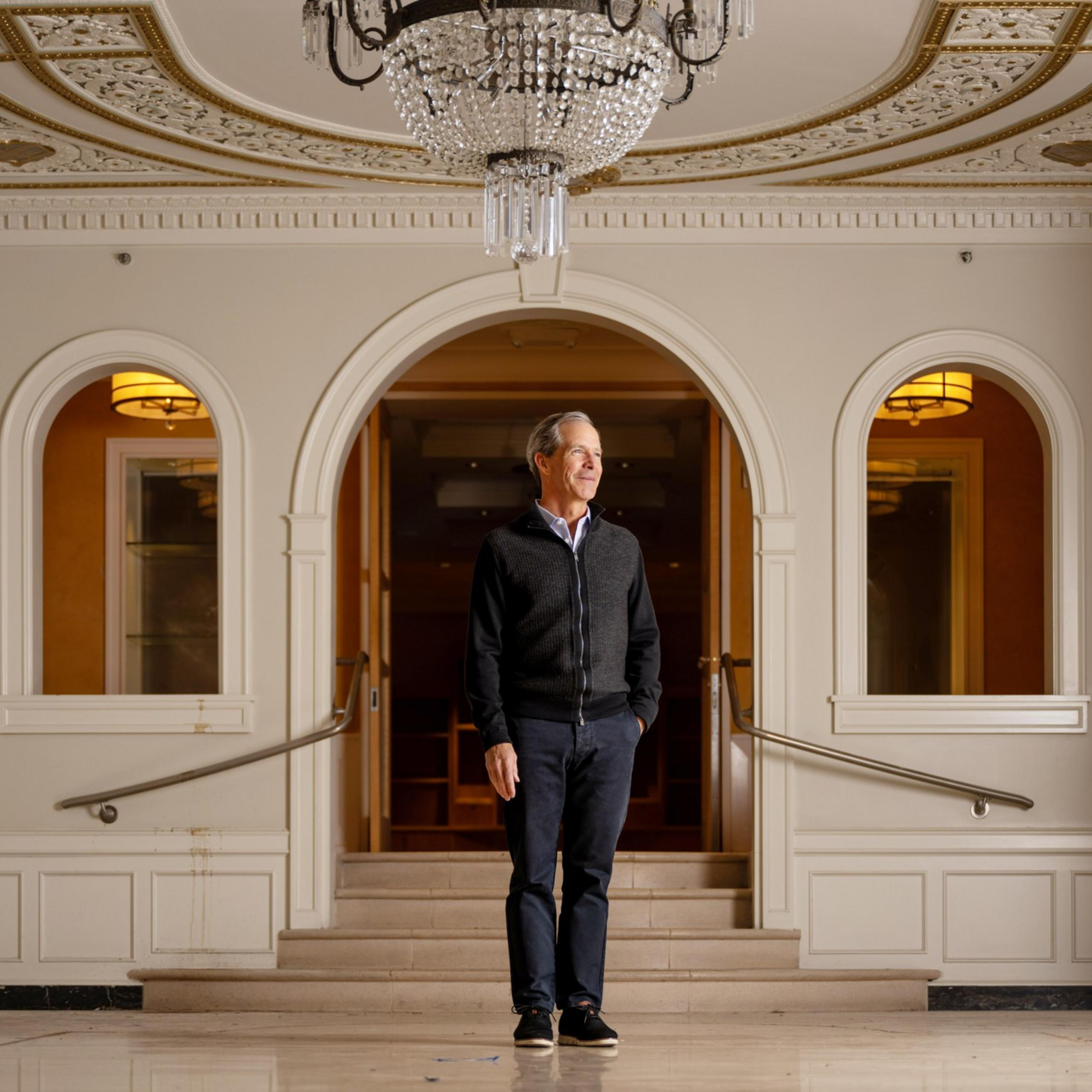The historic Huntington Hotel at the top of Nob Hill celebrated its 100th birthday while its doors were shuttered in 2022. But unlike other major hotels in San Francisco, the 12-story, 135-room luxury property never managed to re-open under the previous owners once the pandemic ended.
Instead, they walked away from it with a $56.2 million loan still left to pay just as the Federal Reserve began raising interest rates. After being put up for auction by lenders eager to rid themselves of the property, a group led by local businessman and billionaire Greg Flynn purchased the debt for less than half that figure.
“Make no mistake, we are market timers,” Flynn told The Standard during a recent sit-down at his office on Bush Street, a 15-minute stroll down the hill from the Huntington. “San Francisco has always risen from the ashes. The best time to buy is when things look bleak.”
Having spent the better part of his life in San Francisco, where he would go on to build a sprawling global real estate empire of franchise restaurants, hotel chains and luxury resorts, Flynn said he was heartbroken to see the Huntington Hotel shut down.
His purchase had become personal. The Big 4 restaurant, named after the railroad magnates of the Old West, was the site of many memorable martini-fueled dinners, Flynn recalled while giving a tour of the property.

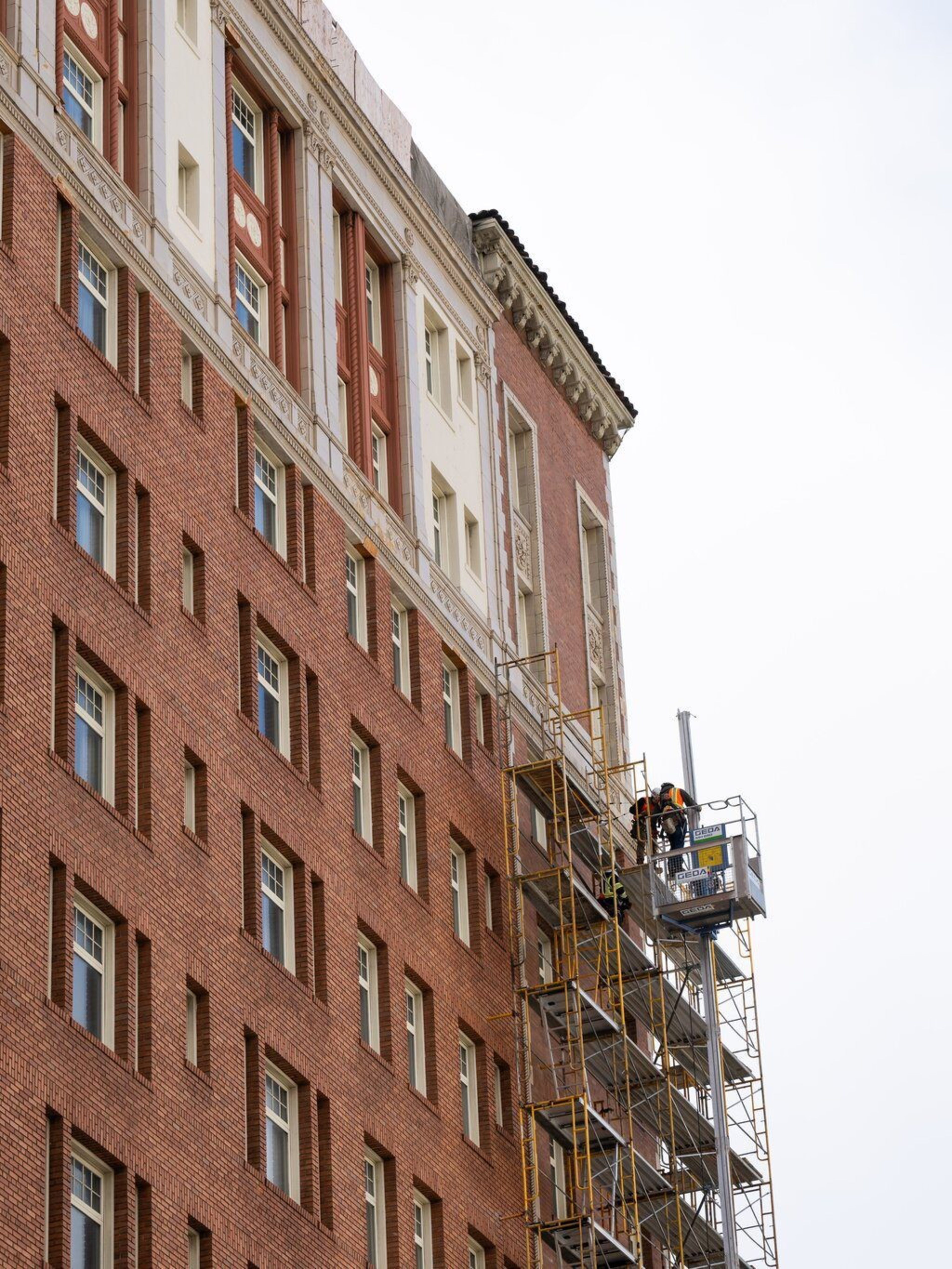
Unlike another previous owner a decade ago, which rebranded the hotel as The Scarlet Huntington, Flynn said he wants to restore the hotel’s history and turn it into the “best luxury experience in the city” now that the traditional five-star players are starting to buckle under the weight of expensive pre-pandemic debt.
“The bones of the building are just great,” Flynn said, adding that the hotel’s large rooms feel more like apartments than studios. “We don’t have to roll the dice on a new concept. Buying [the Huntington] at this [cost] basis is what is allowing us to spend to make it perfect.”
But projections of when the industry will return to normal have been consistently pushed out even as some players look to batten down the hatches or prepare for a “perfect” return.


Realistically though, like all corners of the commercial real estate industry after the pandemic, things might get worse before they get better.
‘When this industry does well, so does the city’
Flynn is a clear outlier in deciding to invest in the San Francisco hotel industry while many of the biggest brand operators in the city are packing up and leaving. In perhaps the most arresting example, Park Hotels and Resorts, which owned two of the city’s largest hotels—the 1,024-room Parc 55 and the 1,921-room Hilton San Francisco Union Square— surrendered both properties back to lenders last summer.
It’s no big secret why many owners are throwing in the towel.
In the first year of shutdown, San Francisco saw an unprecedented drop of 90% in hotel room tax revenue compared to pre-pandemic levels, according to data from the mayor’s budget office. The most recent number of $253 million is barely half of 2019’s $408 million number. Add that to a threadbare 2024 convention schedule and the equation does not look promising.
According to loan reports, the occupancy rates of both the Parc 55 and the Hilton San Francisco Union Square have only recovered to a hair over 50%. As a result, the properties have lost over $1 billion in value (opens in new tab). Meanwhile, both of The Four Seasons hotels in San Francisco, once regarded as the city’s swankiest, were also quietly listed for sale (opens in new tab) after their owners defaulted on a commercial loan taken out right before the pandemic.
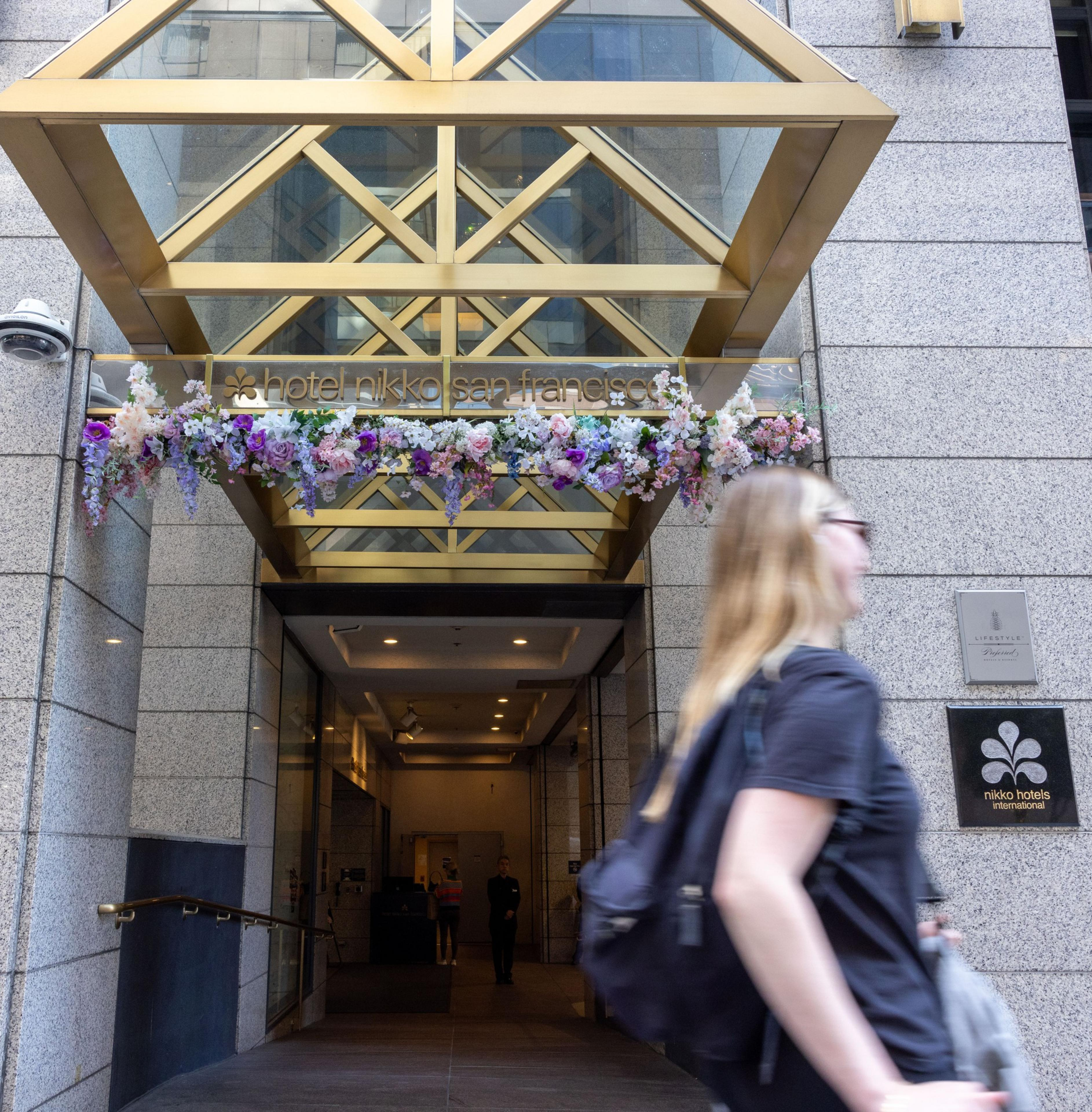
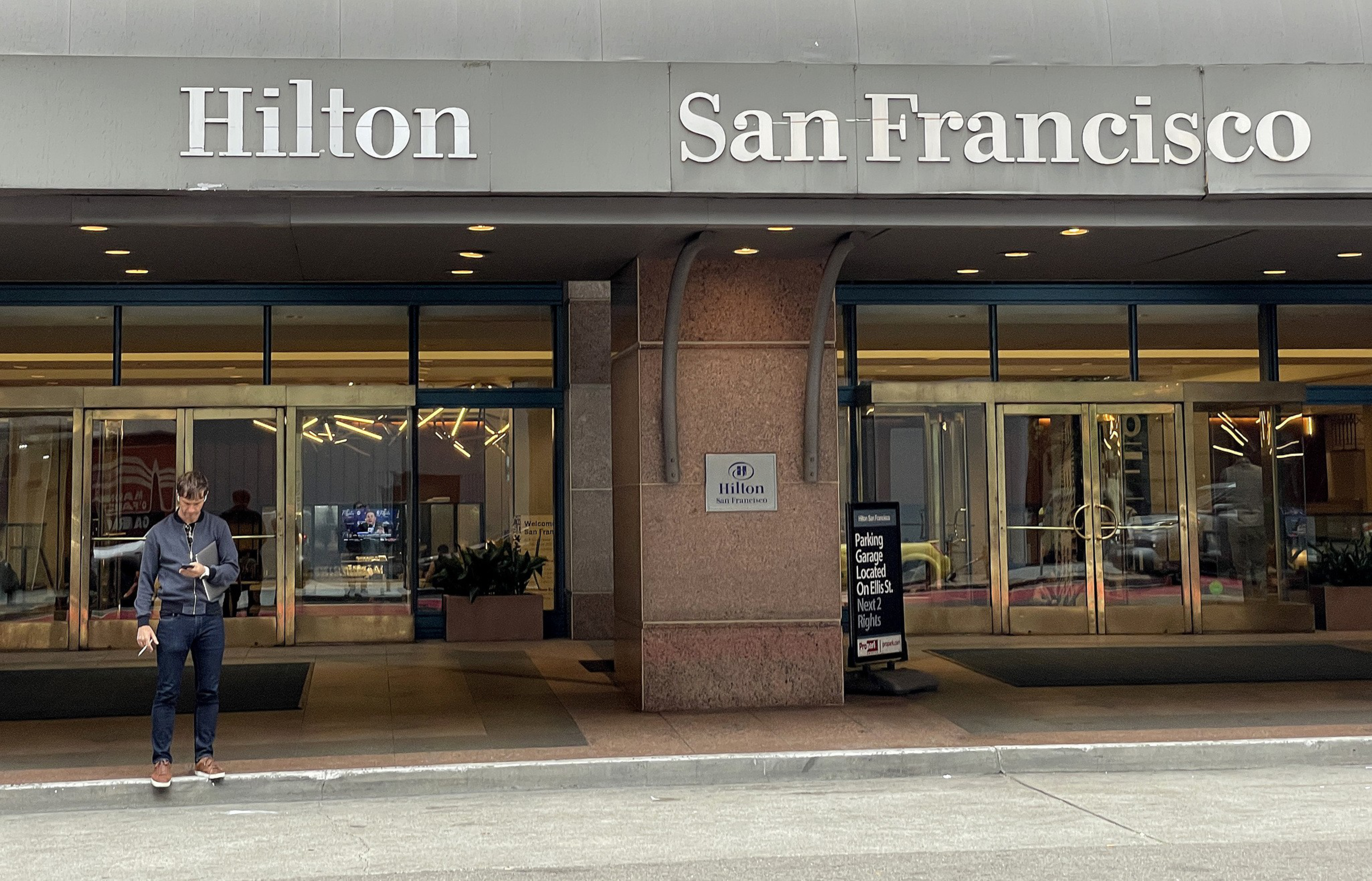
Even though hotel jobs account for only 11% of the city’s jobs, the industry contributes an outsized amount of its tax revenue, says Ted Egan, San Francisco’s chief economist.
According to the San Francisco Controller’s Office, monthly hotel revenue per room night in the city continues to ebb between 60% to 80% compared to the same month in 2019. Average daily rates and occupancy levels have also largely remained under pre-pandemic levels this year.
“The importance of the hotel industry is not fully understood in the discourse about the city’s recovery,” said Alex Bastian, the president and CEO of the Hotel Council of San Francisco. “When this industry does well, so does the city.”
The numbers in 2019 represented a peak of a near decade of continued growth of both leisure travelers and the convention business that makes up the lifeblood of the industry.
“San Francisco went from being one of the most desirable hotel markets to being hit with a trifecta of negative impacts,” said Alan Reay, president of hotel consulting firm Atlas Hospitality Group. “Expenses are way up, net operating income is down and interest rates are too high. If lenders aren’t making office loans right now, then they certainly aren’t going to do hotels right now either.”
As opposed to, say, the Four Seasons, Flynn and his partners, Highgate Hotels, will operate the historic Huntington Hotel independently without any major branding, aiming to reopen its doors by 2025. Other renovations will include restoring the downstairs spa and transforming the old gift shop into “the coolest bar in San Francisco.”
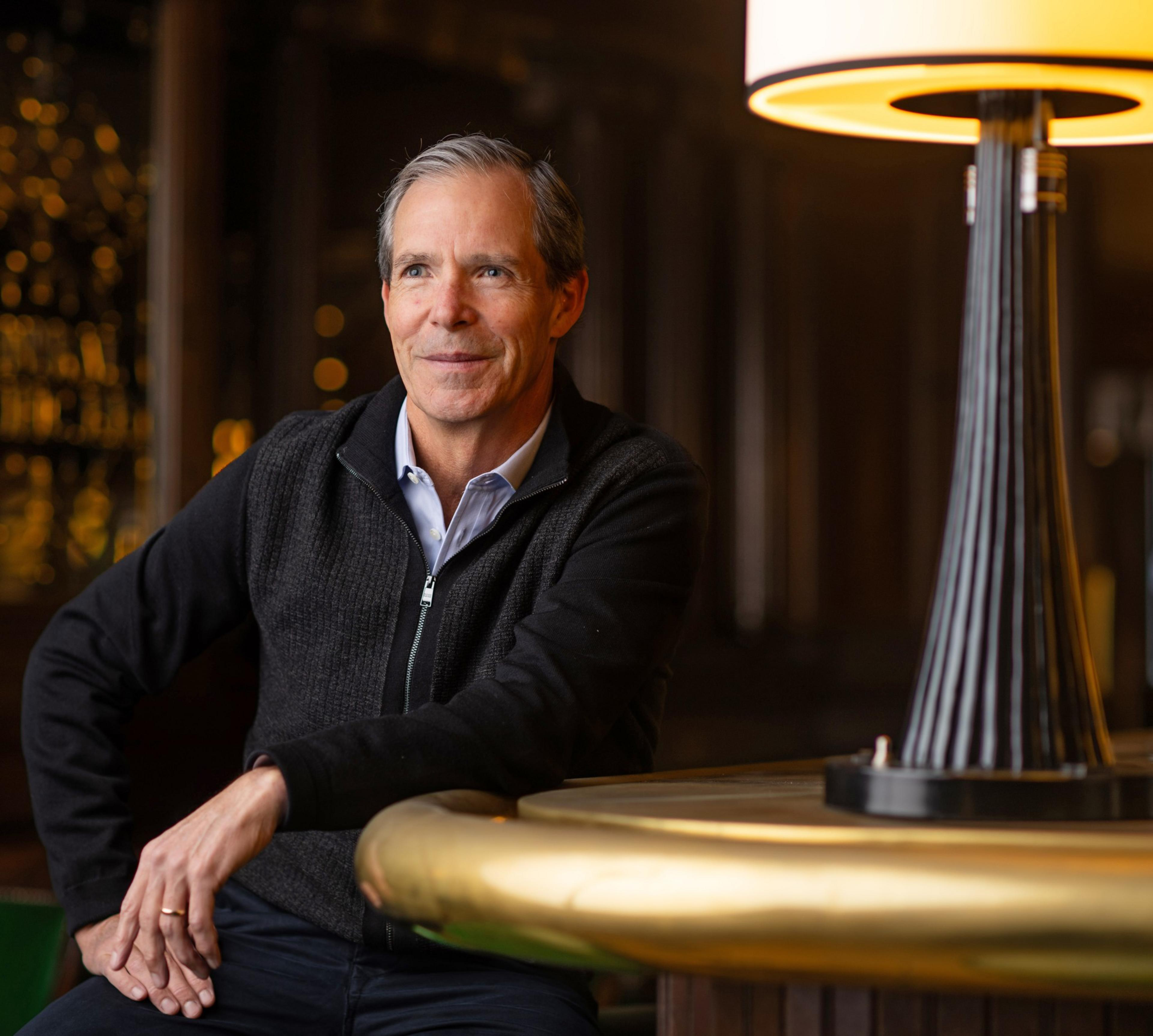
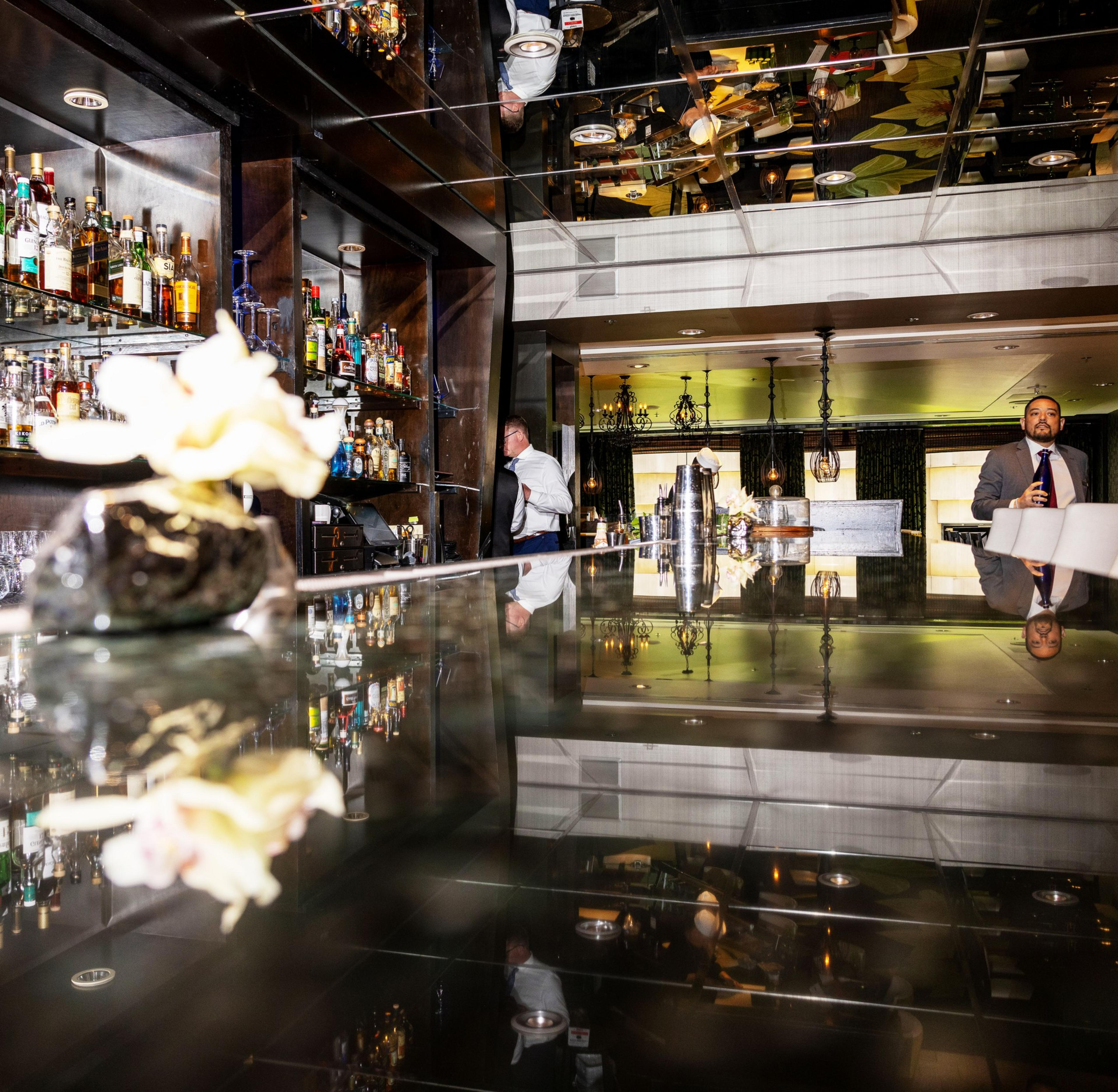
New owners like Flynn are the key to jumpstarting the flagging hotel industry, according to Bastian. “They have more incentive to invest in the capital improvements that will benefit both workers and customers,” he said.
One idea Bastian brought up was potentially allowing for a short-term grace period where the transfer tax for hotel properties changing hands is either lowered or waived, in order to move more “reset” transactions along.
In a city not known for its tax cuts, such conversations are becoming more commonplace the longer the city’s downturn continues. For example, in March, San Francisco voters narrowly approved Proposition C, which will allow for a one-time transfer tax exemption on office buildings that will be converted into housing. A business tax reform measure, which would effectively cut taxes for a swath of industries also appears headed for the November ballot.
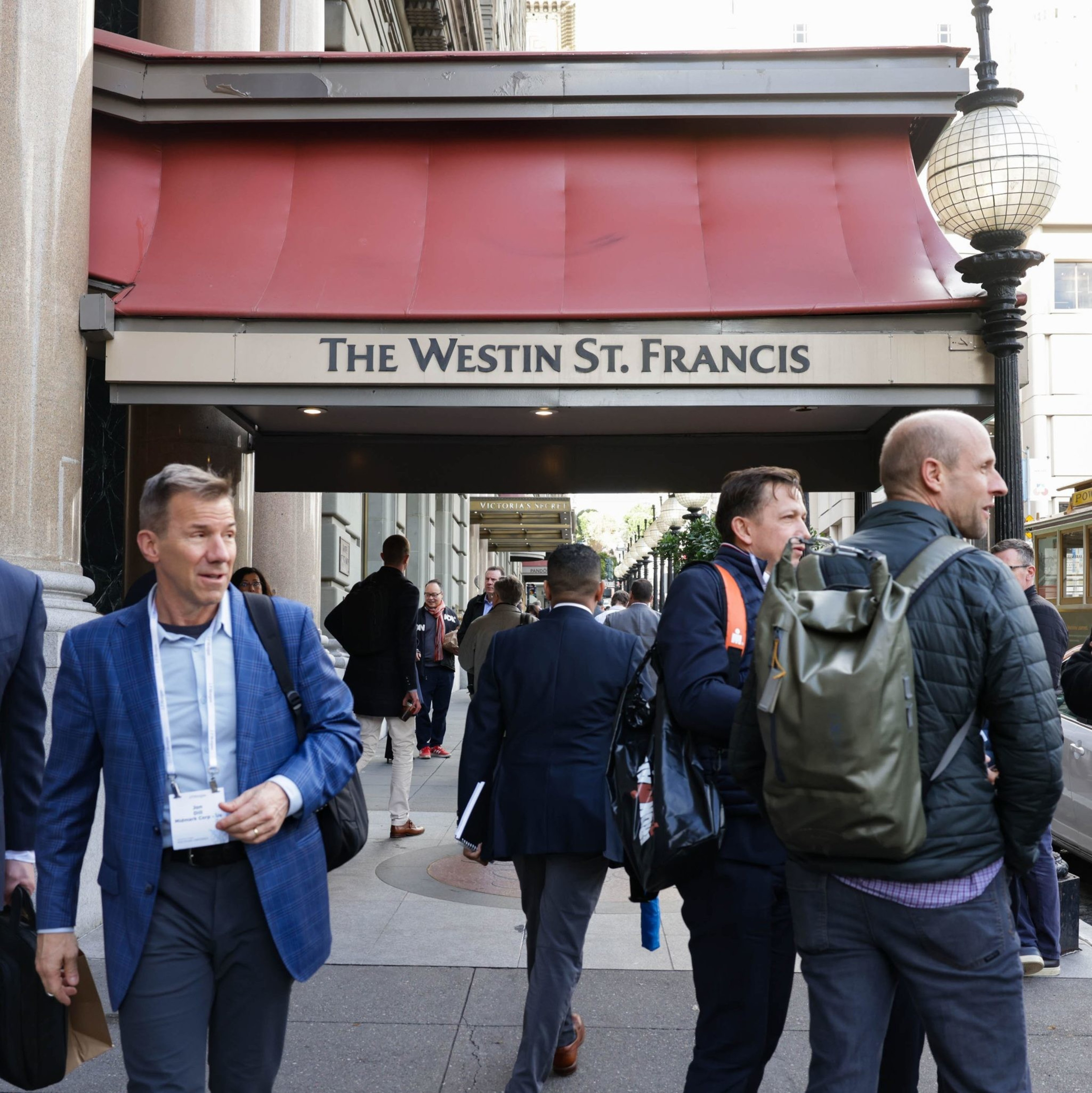

“People are still willing to pay a premium to be here in San Francisco,” Bastian said. “We just have to make sure it is worth doing so.”
According to Reay, the wheels of the real estate reset have unfortunately been slowing down despite the deals to be had. In 2023, individual hotel sales in San Francisco dropped 23%, from 13 to 10, due almost exclusively to the rise in interest rates, he said.
More telling, the total dollar volume of those transactions went down 71%, while the average price per room decreased 24% compared to the year prior. Last year, the highest-priced hotel sale in the city was the 221-room Hotel Zoe in Fisherman’s Wharf, which changed hands for $68.5 million.
“Hotels are real estate up until you open the first door,” Reay explained. “Then it’s a business with real estate attached. The parts are constantly moving as opposed to leasing up an office where you just hand over the keys and step back.”
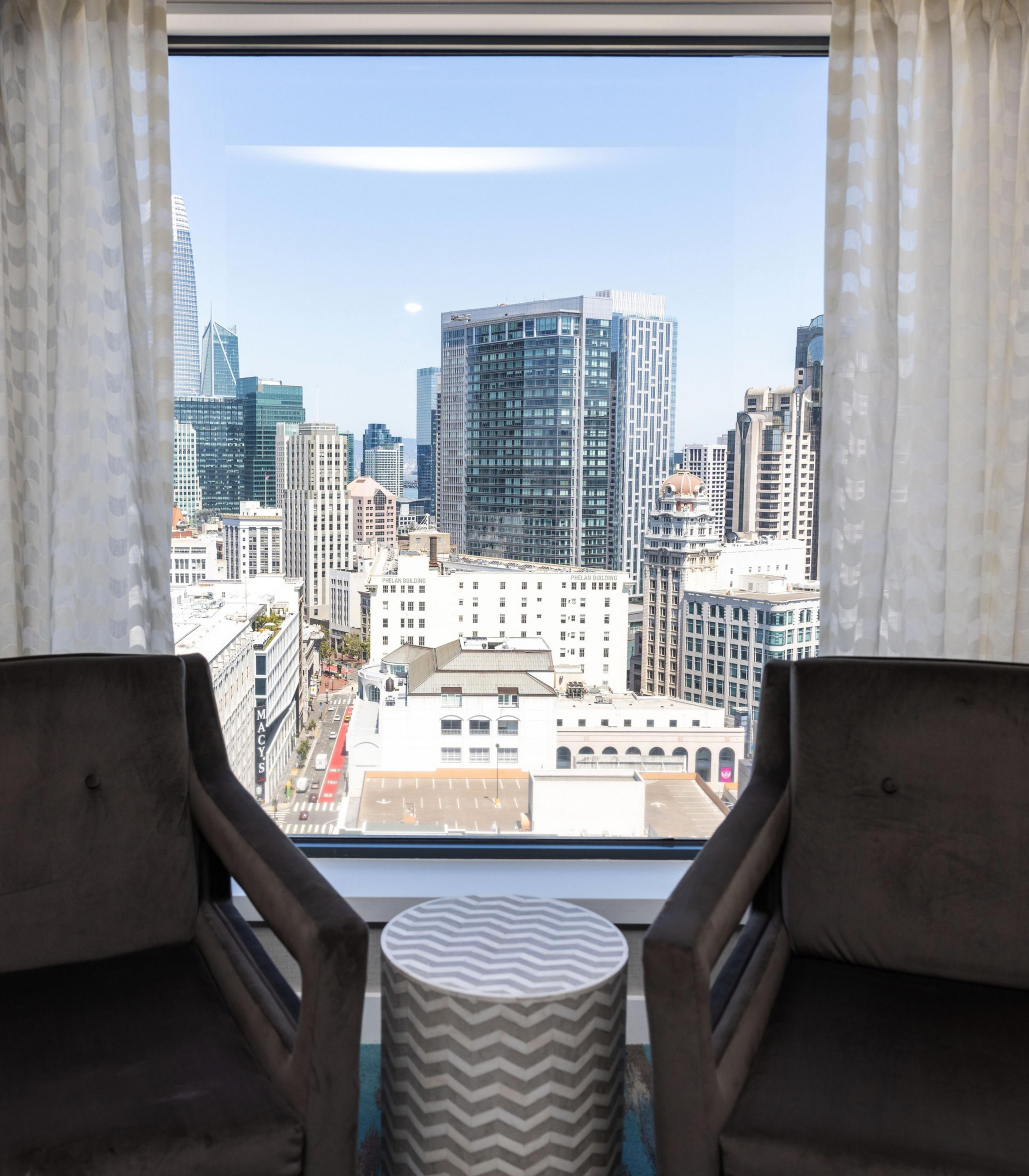

As for City Hall, the mayor’s budget office (opens in new tab) doesn’t foresee hotel tax revenues returning to pre-pandemic levels until after the fiscal year ending in 2028. That’s not what the city’s tourism boosters want to hear. In May, Scott Beck abruptly stepped down as CEO of The San Francisco Travel Association after less than a year on the job.
Anne Marie Presutti, general manager of the Hotel Nikko, stepped in to take his place on an interim basis after serving multiple stints on the association’s board.
“It’s time to lead with the positive about San Francisco,” Presutti said. “People are so over the negative. The city is for sure being held to a different standard compared to others with the same problems. It’s going to take a lot of civic pride to get back to where we once were.”
